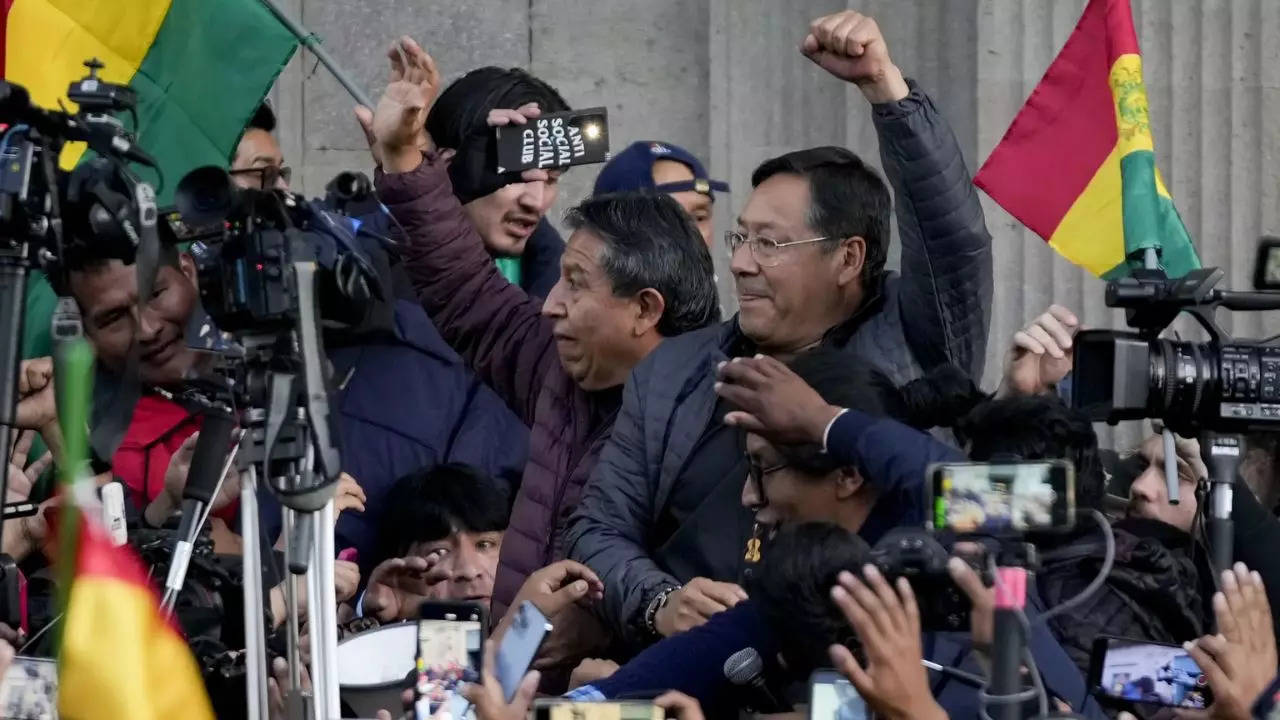EWN reporters and experts debate whether the law should be changed or enforced, following the news that Janusz Walusz will be released on parole after serving nearly 30 years in prison for the killer of Chris Hani.
Image: Chris Hani’s killer Janusz Walus/Screen shot.
JOHANNESBURG – After several attempts to apply for parole, Janusz Walus will be pleased as Chief Justice Raymond Zonda has ordered Justice and Correctional Services Minister Ronald Lamole to grant him parole.
Walus was sentenced to life imprisonment in 1993 for the murder of beloved South African Communist Party leader and anti-apartheid activist Chris Hani.
The Constitutional Court ruling has since divided various quarters of South Africa.
Some believe the ruling was constitutional, while others, like Hani’s family, particularly his wife Limpho, believe Walus should not be released for covering up the truth about the murder.
The decision handed down by the Constitutional Court on Monday, November 21, 2022 is, to say the least, disgustingly disappointing. This is how the Secretary General of the South African Communist Party (SACP), Solly Mapailo, reacted on behalf of the party to the verdict.
SACP (@SACP1921) November 21, 2022
Inside Eyewitness News panelists discussed divisive issues, while experts and listeners shared their views.
Judges Matter researcher Mbekezeli Benjamin has drawn two positions on the issue.
“From the point of view of the law and the specific people and the situation, the law should be applied to equality, it seems unfair that someone who killed a freedom fighter should be freed, but at the same time I have to look at it from the point of view of the principle, what is the law” .
On the other hand, legal expert Mpumelela Zikalala said the judiciary had got ahead of itself in the decision to grant Walus parole.
“In my opinion, I believe that the judiciary erred in making this order. The court should not wear the minister’s shoes and make such decisions, the judicial system should have transferred the decision on the parole of Valus to the cabinet of the minister.”
He added that the views of the judiciary and the Minister of Justice and Correctional Services on Walus’ parole differed – noting that the minister had an opportunity to assess whether the Hani family and Walus had reconciled.
“If you’re going to have a court making a decision on behalf of a minister, it’s going to create a whirlwind.
“But what the court has done now is they’ve opened up a can of worms on the issue of parole because any inmate who applied for parole can now go back to saying if you released the killer of a freedom fighter, why not me?”
Walus’s development sparked public outrage, anger and disillusionment with South Africa’s democracy.
But Benjamin said people will always have different opinions, especially when it comes to high-profile cases.
“In the decision itself, Judge Zonda quoted the preamble of the Constitution, which states that every citizen is equally protected by the law. Thus, the court was aware of the sentiment surrounding this case, so it was not easy to make a decision.”
Listen to the full conversation below:







